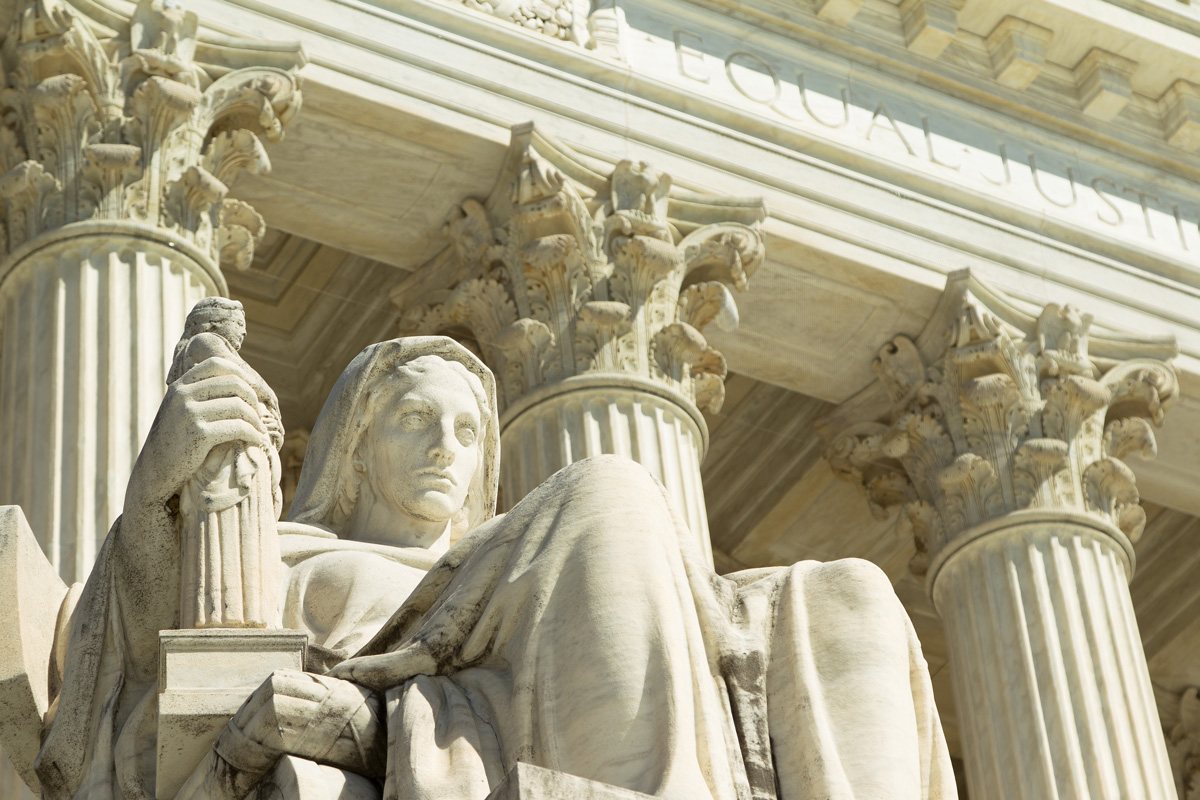A system of justice is only successful if it is trusted and considered legitimate.

reduce implicit bias and discrimination in their practices in law enforcement agencies, courts, and other criminal justice organizations
A system of justice is only successful if it is trusted and considered legitimate. This requires public confidence in every stakeholder in the justice system from police officers, prosecutors and defense attorneys, juries and judges, court officers and staff, and beyond. Necessary to this trust is both fairness in decision-making and that members of the public are treated with dignity and respect in every interaction. Neither the United States nor most countries across the globe experience trust – particularly across race, ethnicity, and other facets of identity that have been stigmatized.
The challenges include providing accountability for explicit discrimination but also addressing the outcomes of those who have good intentions. Research reveals that police officers, lawyers, judges, jury members, and other figures in the criminal justice system are not immune to the grave effects of implicit bias, identity anxiety and stereotype threat on decision-making and interpersonal contact.
Research reveals that at every level of the justice system, there is critical work to be done to prevent bias and stereotyping. For example, prosecutors are more likely to prosecute Black than White defendants and White defendants are more likely to receive generous plea bargains. In capital sentencing, murderers of White victims are more likely to get the death penalty than murderers of Black victims, and Black murderers of White victims are more likely to be sentenced to death if they appear more stereotypically African American.
Perception has worked with stakeholders to design interventions to begin to move toward systems that communities can trust. This work includes a video for prospective jurors as well as different forms of training for all who work for the courts, from judges to court safety officers. We have also partnered to develop interventions with probation and parole officers that have been shown to reduce recidivism.
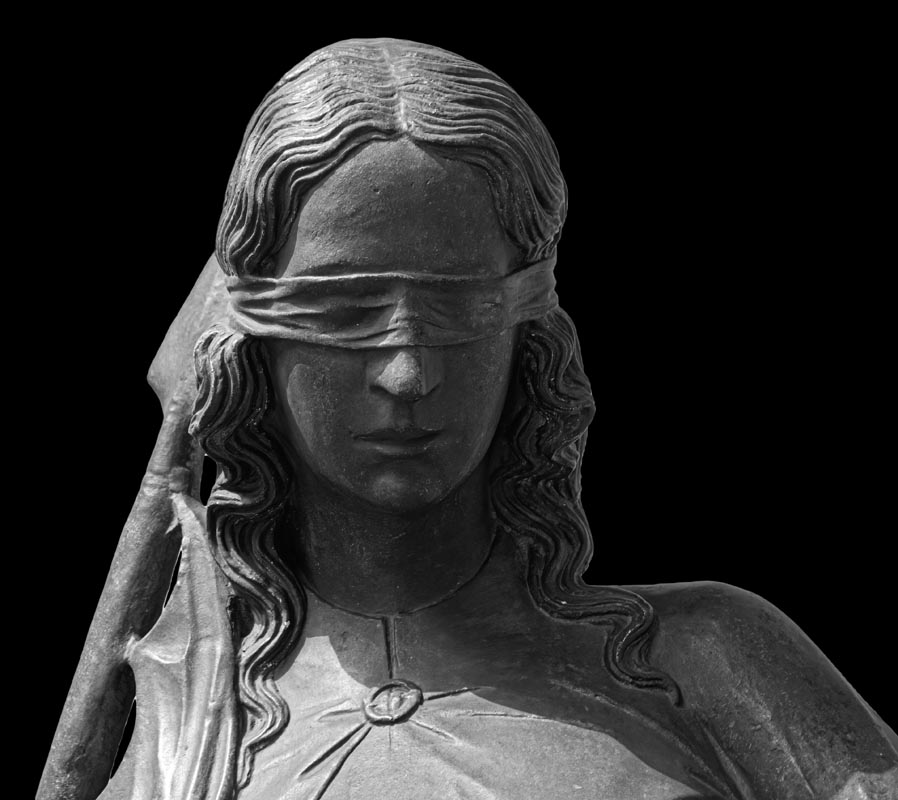
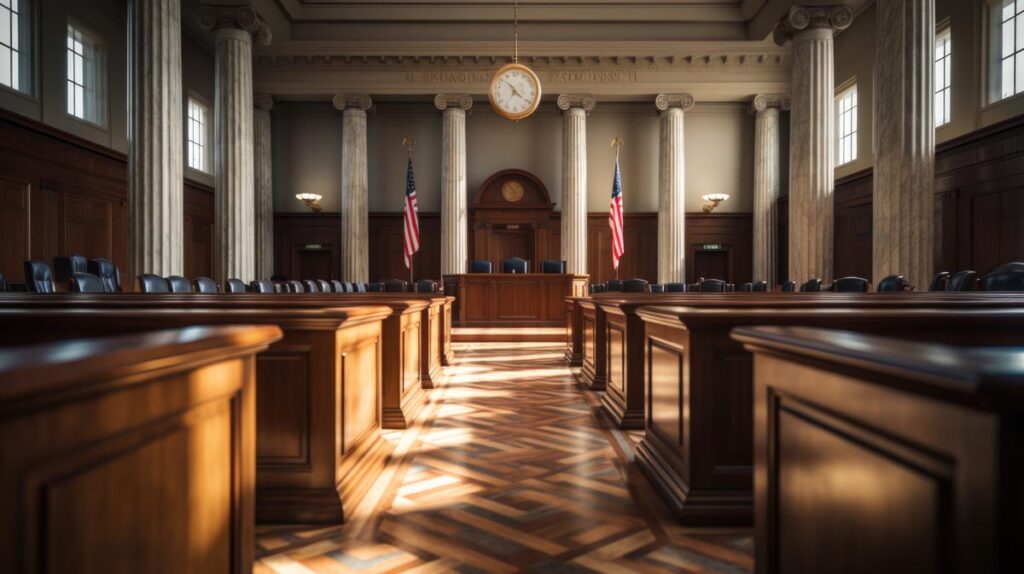
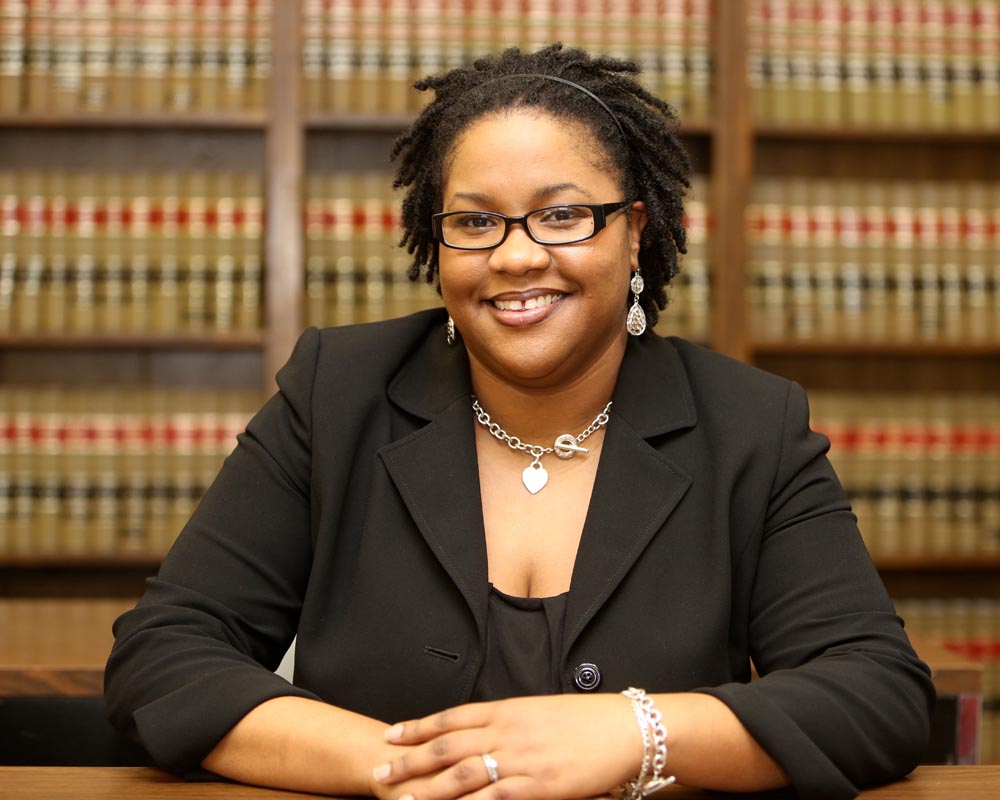
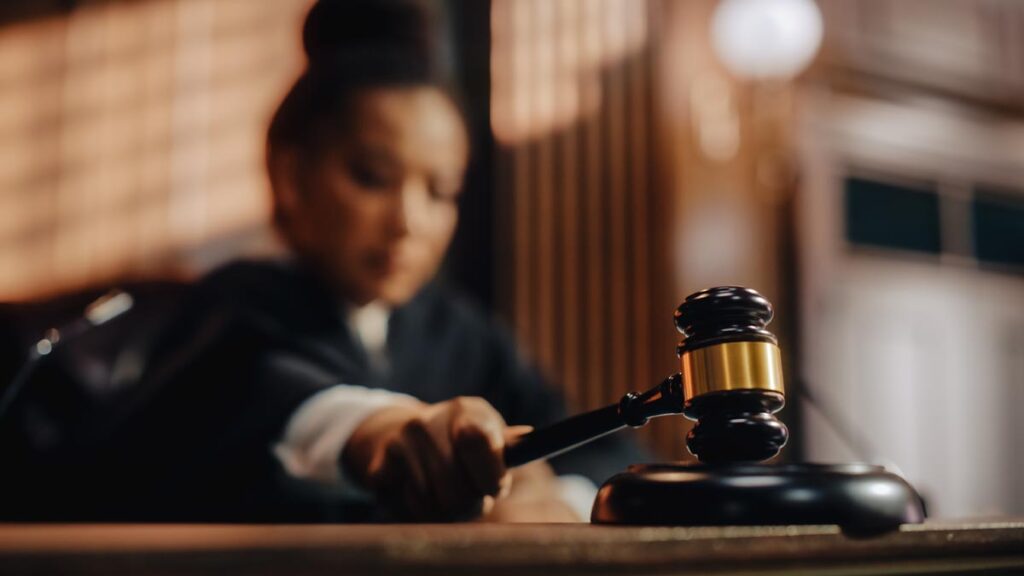
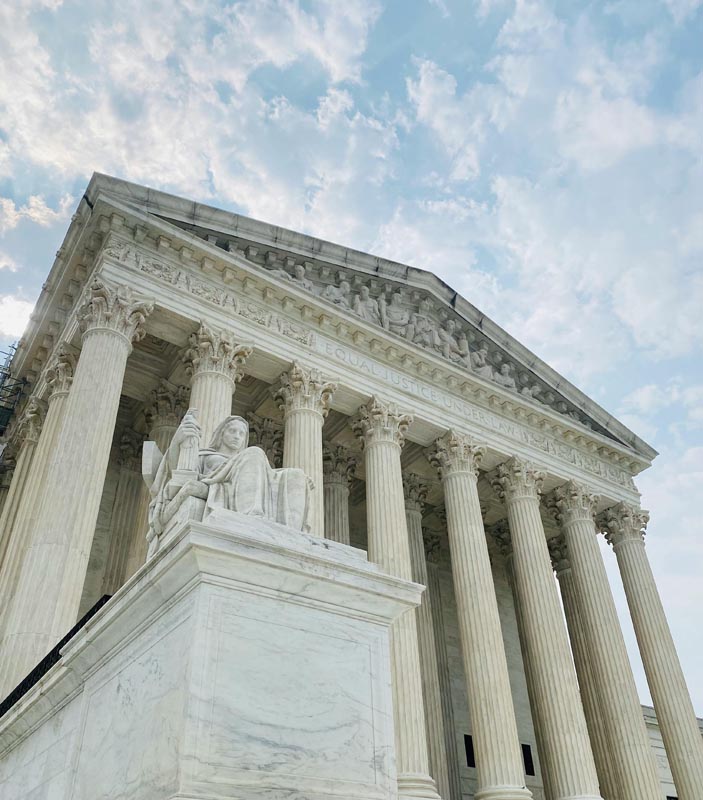
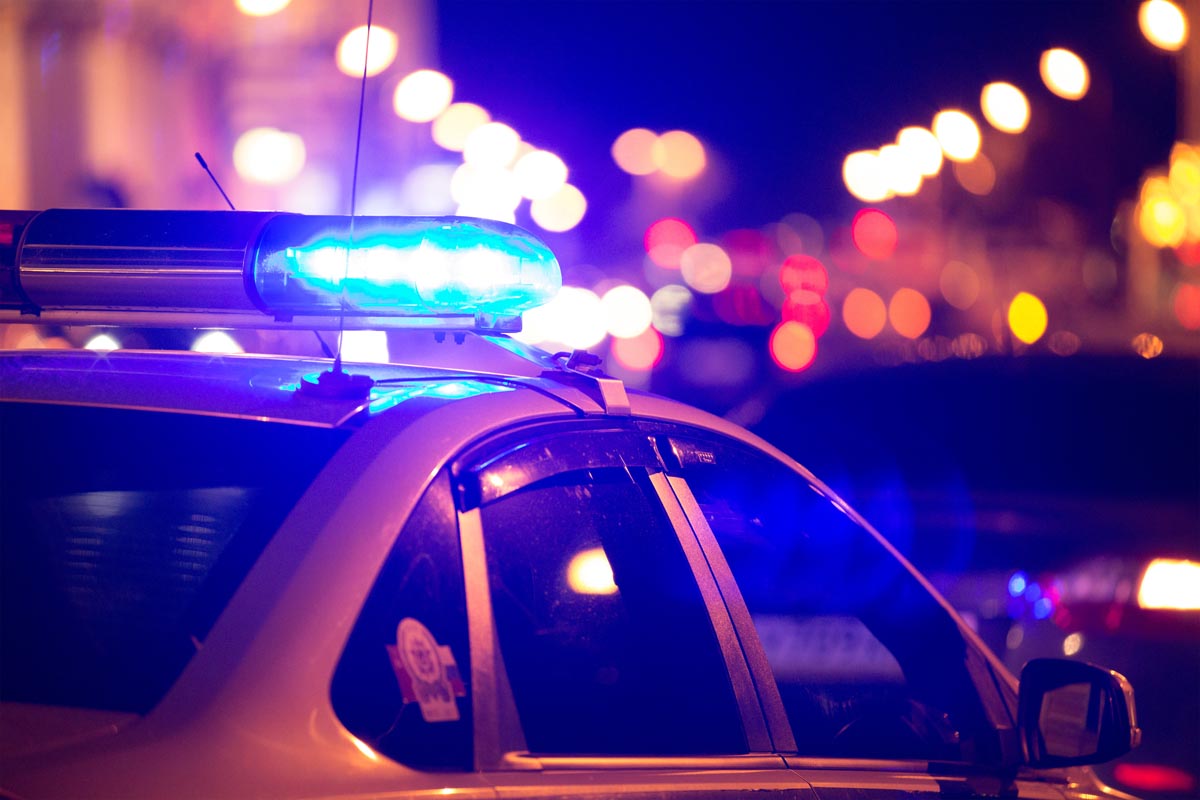
Given the substantial and growing scientific literature on implicit bias, the time has now come to confront a critical question: What, if anything, should we do about implicit bias in the courtroom?
The impact of implicit bias, racial anxiety, and stereotype threat on policing and justice
